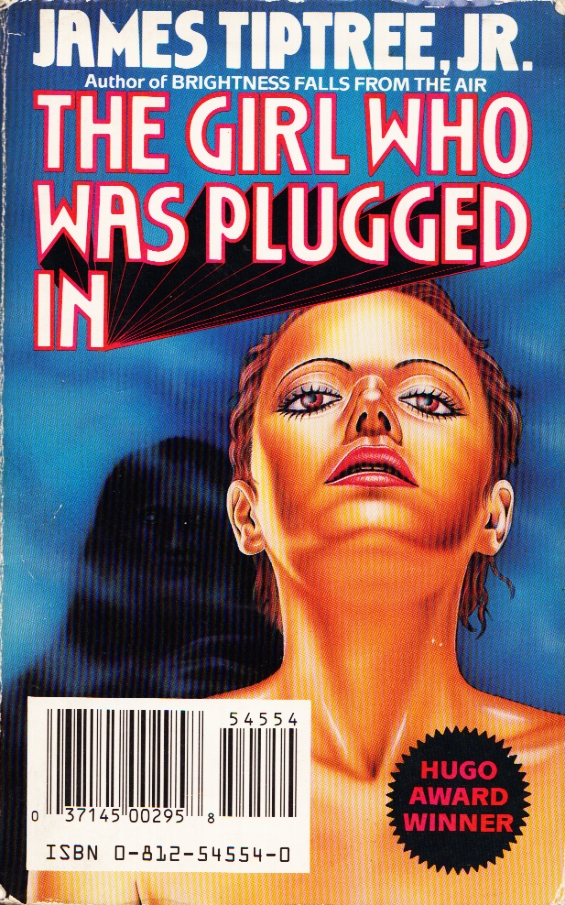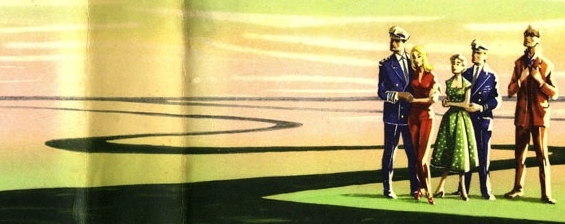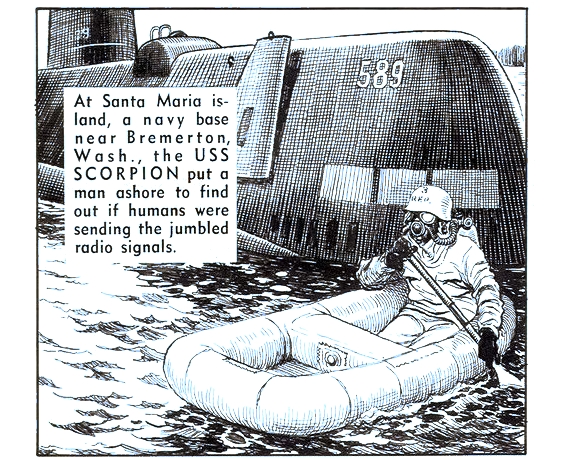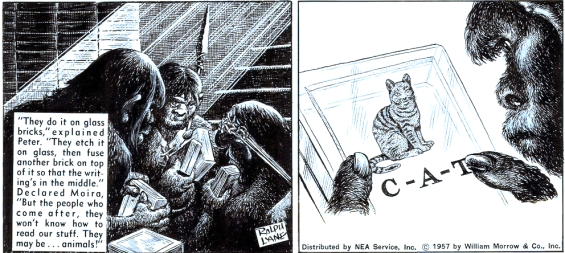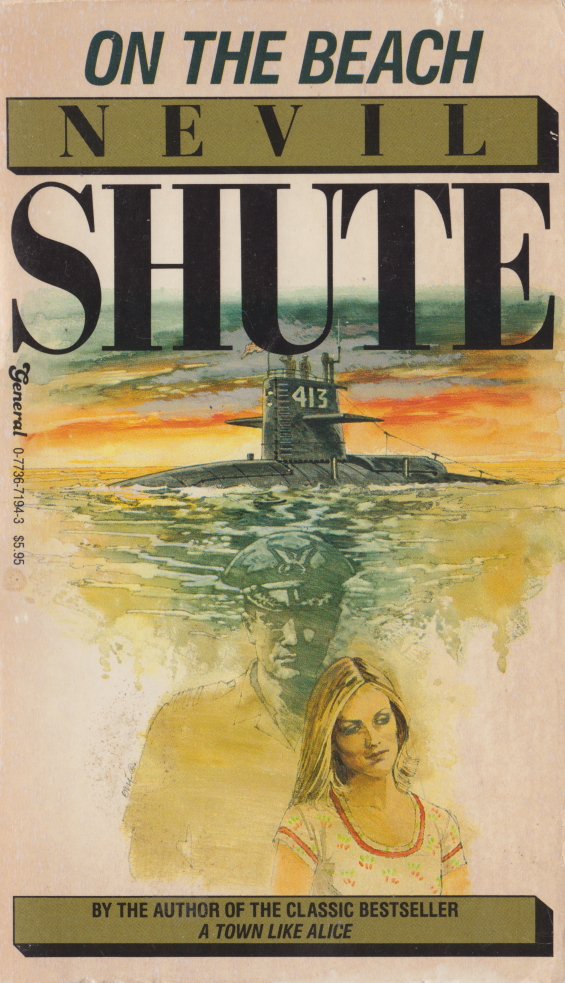
 The SFFaudio Podcast #294 – Jesse, Jenny Colvin, and Tamahome talk about This Perfect Day by Ira Levin.
The SFFaudio Podcast #294 – Jesse, Jenny Colvin, and Tamahome talk about This Perfect Day by Ira Levin.
Talked about on today’s show:
1970, swearing, watch your “fighting language”, think about things before treatments, like Brave New World‘s soma, the incurables vs. the savages, a stratified society vs. a flattened society, sex once a week, Marxmas and Christmas, the computer shapes little boy Li, the computer trains the society, controlling by giving a semblance of control, We by Yevgeny Zamyatin, no friction, top-speed, Jesus Christ, Karl Marx, Bob Wood, Li Wei, Vulcan philosophers, a cross and a sickle instead of a hammer and a sickle, not exactly a Communist utopia/dystopia, a communist takeover of the entire planet, movies and TV shows about Marx every year, no spirituality, Rosemary’s Baby, The Stepford Wives, did the good guy win in the end?, the rape scene, Rosemary’s baby-daddy is Satan, what will happen after Chip blows everything up?, when Wei is eating, the focus on the food, the high programmers, the turn/plot twist, the gold toilet fixtures, silk clothing, fuck is a nice word, you’re not free, free of aggression, how will they feed everyone, the YouTube video, The Syndic by C.M. Kornbluth, the Prometheus Award, books that examine the meaning of freedom, Ayn Rand, four ideologies combined, what they took from Christ, “From each according to his ability, to each according to his need”, Wei addressing the chemotherapists, who is Wood?
Christ, Marx, Wood and Wei,
Led us to this perfect day.
Marx, Wood, Wei and Christ,
All but Wei were sacrificed.
Wood, Wei, Christ and Marx,
Gave us lovely schools and parks.
Wei, Christ, Marx and Wood,
Made us humble, made us good.
body part swapping, improvements in the society, the last injection you get is fatal, you become a net loss to society after a certain point, baby boomers getting older, the diseases of aging, the totalcakes and cokes for lunch, Jenny is baking total cakes for Marxmas!, Li’s spilling a coke on a leaf, eureka!, how he got the idea to avoid treatment, there is no Pepsi, there’s no Dr Pepper, the symbol of a leaf in the shape of a man, Jenny always ignores metaphors, was the grandfather in a secret society?, you don’t forget, ecstasy , athletes and drugs, the influence machine, television as a drug, revisionist history, there’s no NEWS, it’s very North Korea, how did you claim the ticket?, a book about mental illness, replace sickness with sin and the entire novel is about religion, self-reporting, “No, thank uni.”, “they’re all snitches”, the f-word is fight, “everybody loves fucking”, hate is a bad word, objectivism is exactly selfish, selfishness and fear, it’s their Galt’s Gulch, the whole smoking thing, the perks of the programmer class, the fantasy of libertarianism, “you the unrecognized superman”, a dystopia, we’ve got our magic super-power stuff, Atlas Shrugged, reardon metal, people are aliens, men trying to control women bodies, two ambiguously dystopic societies, a powerful book with a lot to think about, more Animal Farm than Nineteen Eighty-Four, We, Brave New World has a boring, stupid and depressing plot (so let’s do a podcast on it!), a neglected novel, Planet Of The Apes, Logan’s Run, Paranoia (the Role Playing Game), THX-1138, The Call Of Cthulhu RPG, the new Paranoia Kickstarter, the book for the blind audiobook, rape in quotation marks, The Matrix, Soylent Green, Gattaca, Colossus: The Forbin Project, Equilibrium, “live in that horrible world”, the women’s names: Anna, Mary, Peace and Yin, if you were living in this world which society would you want to live in or would you overthrow it?, keep getting mad, keep being proactive, aren’t we done talking about it yet?, King’s suicide, your old gray head, the secret sleeper spies, a mental asylum run by the patients, Cuban refugees fleeing Castro, this book is about our world, any ideology you have ought to be thrown to the dirt, the schizophrenia TV focus, Facebook becomes our island, dumping buckets of ice, Ferguson, New York, this book feels alien, the goal of communism, wouldn’t it be interesting if we all were actually equal, father knows best, blowing up airports seems crazy, a hard one, people only want you to think for yourself when it doesn’t effect them, Pierre Boulle.
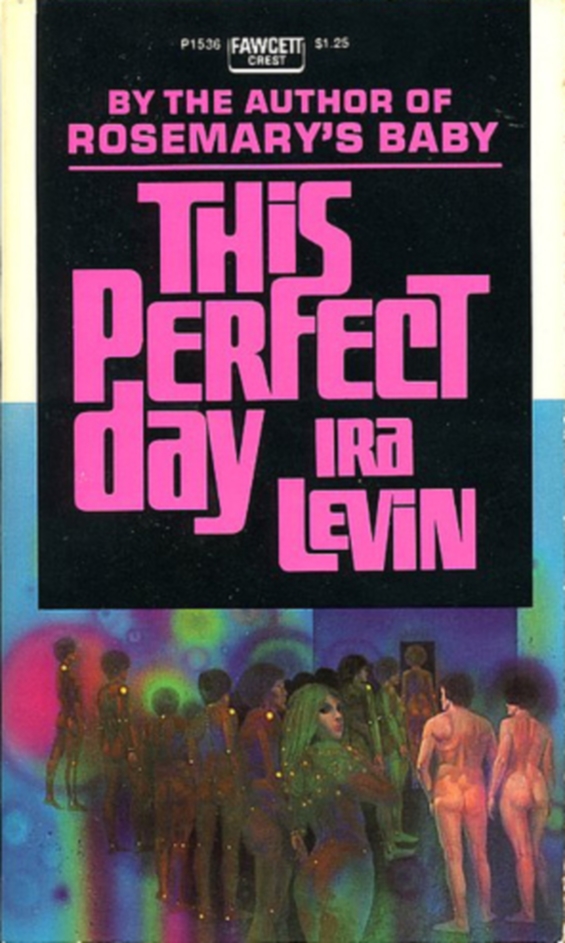


Posted by Jesse Willis

